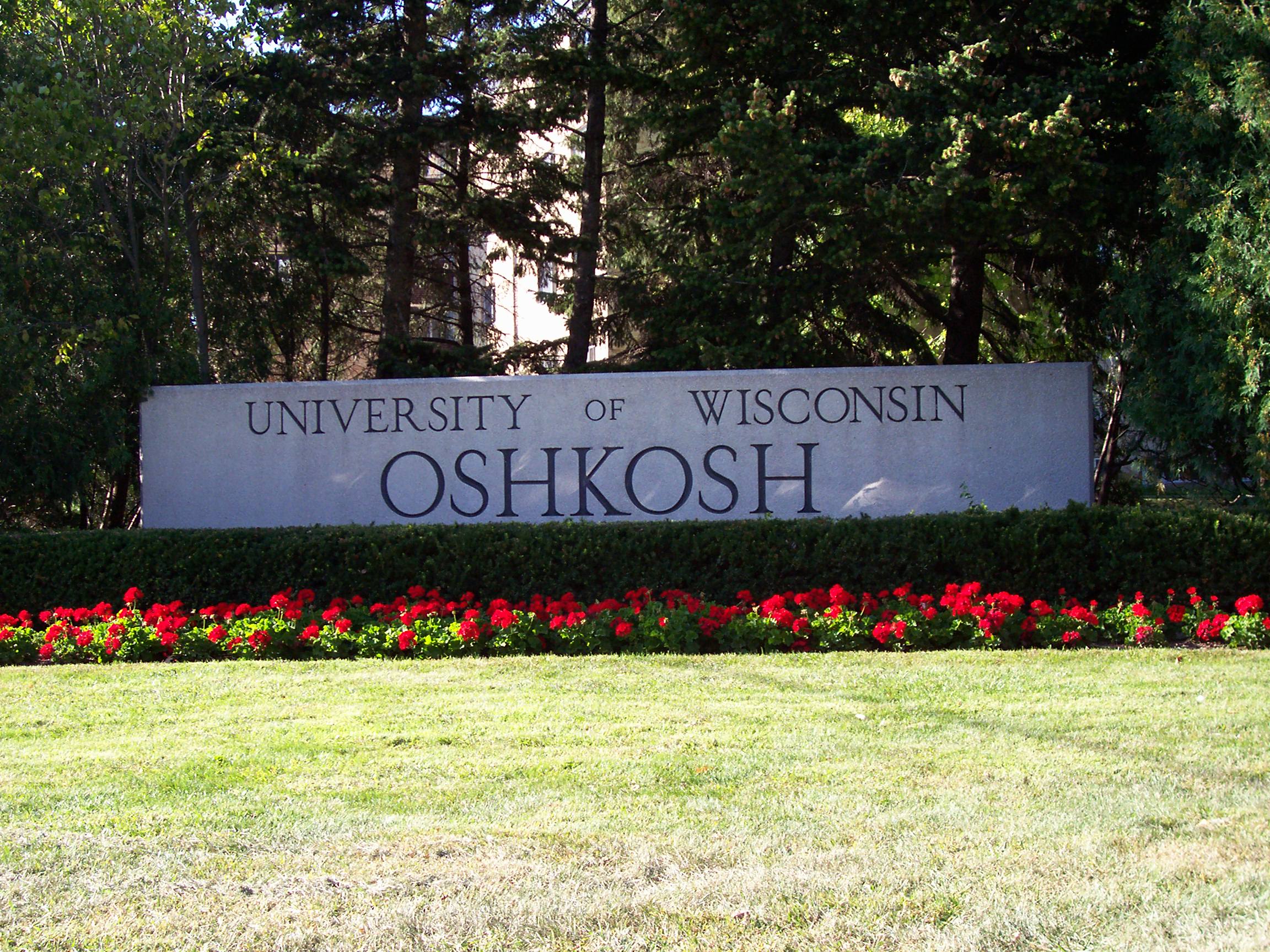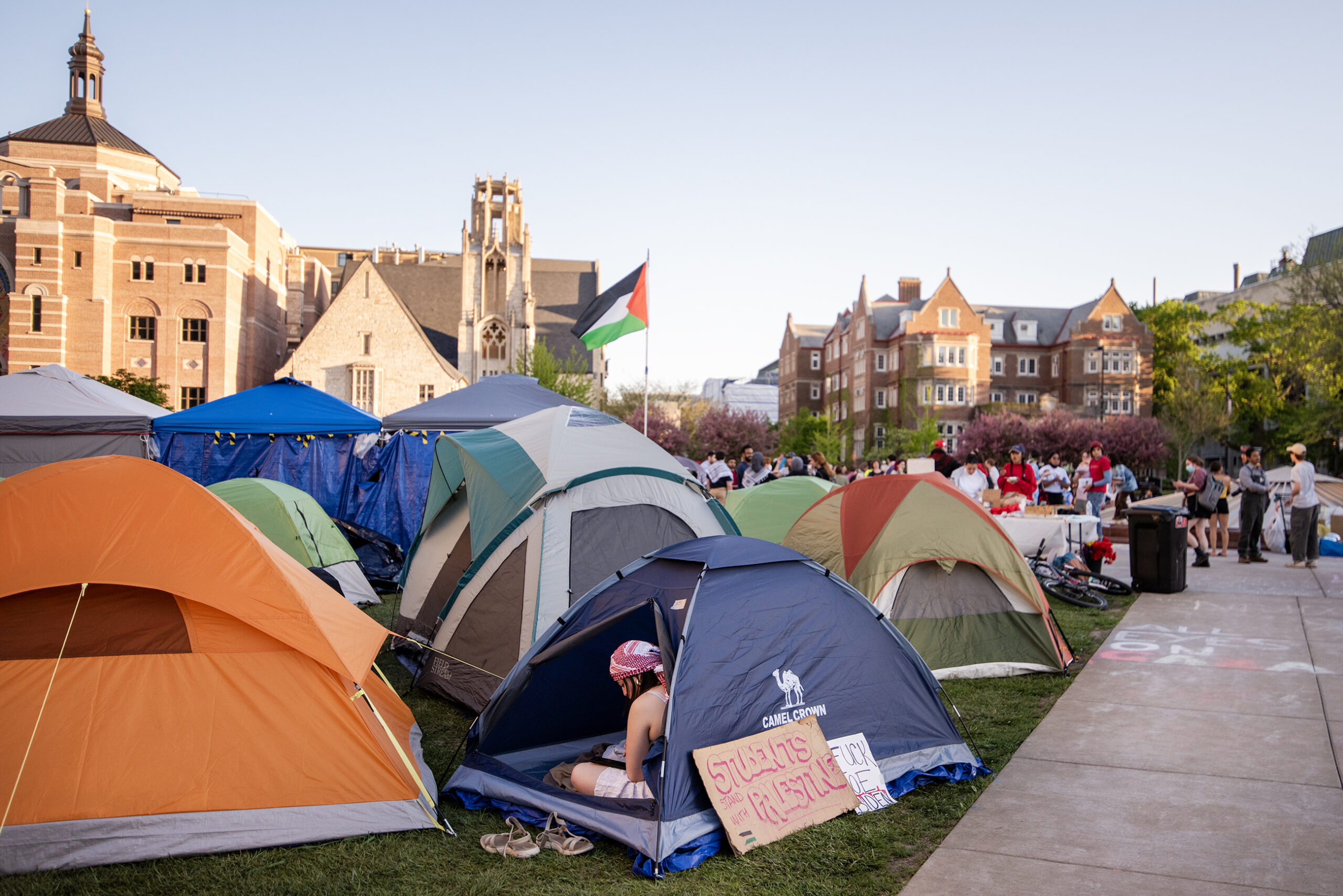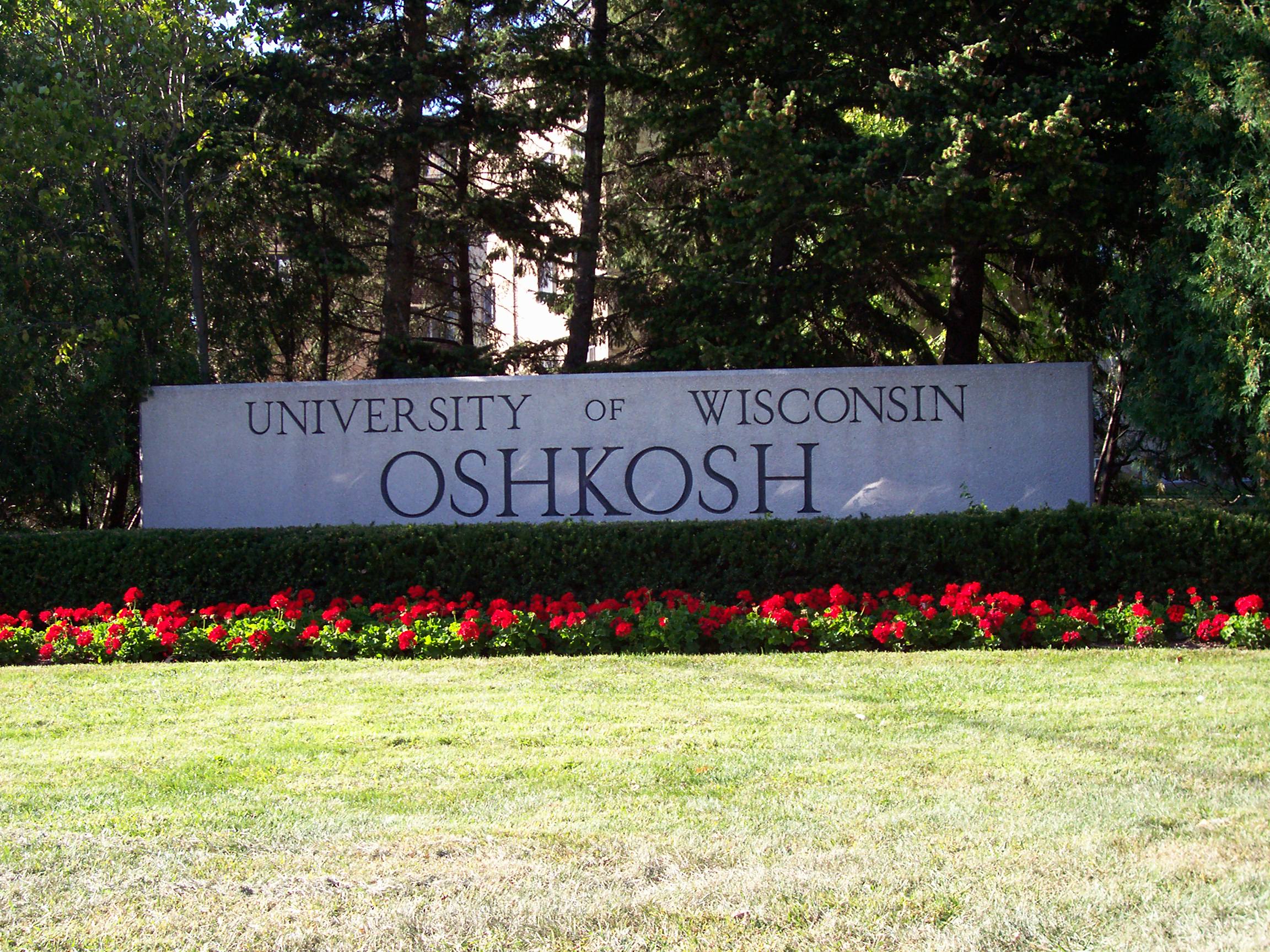The University of Wisconsin System Board of Regents and the University of Oshkosh Foundation have come to an agreement to stave off bankruptcy for the non-profit. When the deal is finalized in the coming months, the foundation will look to merge with another foundation on campus.
The UWO Foundation got into trouble due to development deals made by former UW-Oshkosh Chancellor Richard Wells and former Vice Chancellor Thomas Sonnleitner. Charges of misconduct in office allege Wells and Sonnleitner wrongly assured lenders that, through the UWO Foundation, the university would back loans made on five development projects. The projects included a hotel, a sports center, an Alumni Welcome Center and two bio digesters.
But state law prohibits the use of public money for private purposes.
News with a little more humanity
WPR’s “Wisconsin Today” newsletter keeps you connected to the state you love without feeling overwhelmed. No paywall. No agenda. No corporate filter.
The UWO Foundation filed for Chapter 11 bankruptcy in August 2017. In bankruptcy negotiations late last week, the UW System agreed to pay $6.3 million to satisfy lenders.
During the foundation’s bankruptcy trouble, UW-Oshkosh announced the creation of another foundation — the Titan Alumni Foundation — that also solicits donations and grants scholarships.
Paul Swanson, an attorney for the UWO Foundation, said he hopes the two foundations will merge in 2019.
“This school isn’t big enough for two foundations quite frankly,” Swanson said. “So we will figure out who is going to do what and we anticipate we will be the foundation as we were before.”
He added that the UWO Foundation has an endowment of $23 million and now that the money woes are being addressed, it was time for the organization to move forward.
Miles Maguire, a UW-Oshkosh journalism professor and editor of The Oshkosh Examiner, said Wells and Sonnleitner might use the settlement to their advantage.
“The criminal case is still alive against Wells and Sonnleitner,” Maguire said, adding that since the university did, to some extent, back the loans, the two could argue there was no misconduct. “If you take out that argument that what they were doing was illegal it certainly, I think, complicates the criminal case against them.”
If convicted the two would each face up to 17-and-a-half years in prison and $50,000 in fines.
Wisconsin Public Radio, © Copyright 2025, Board of Regents of the University of Wisconsin System and Wisconsin Educational Communications Board.





